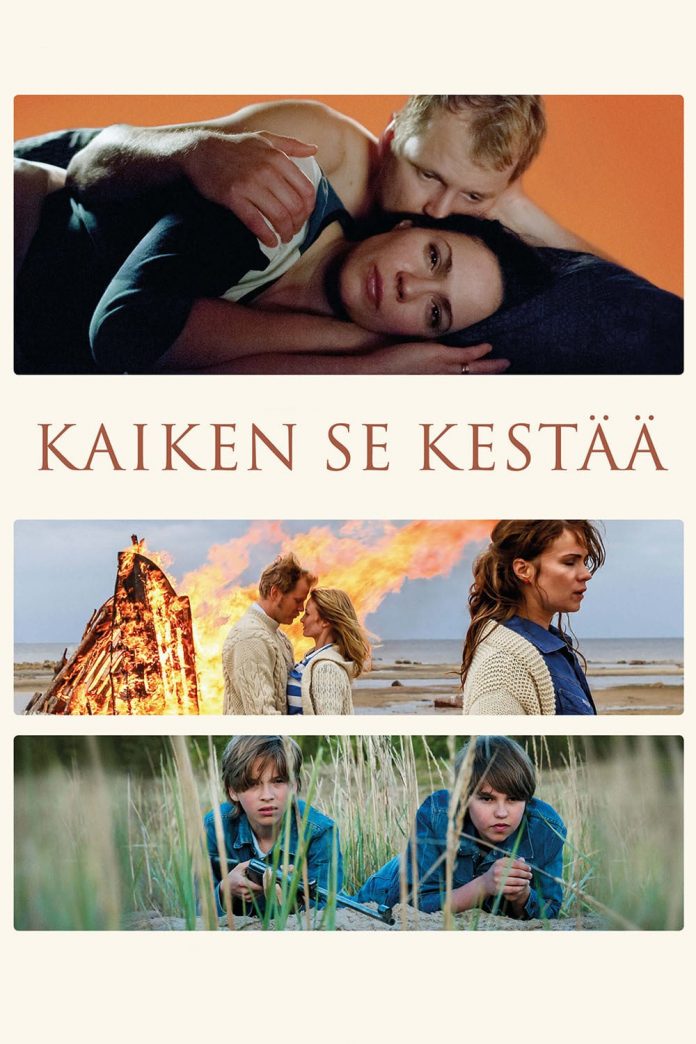 © 2017 Silva Mysterium Oy − All right reserved.
© 2017 Silva Mysterium Oy − All right reserved.
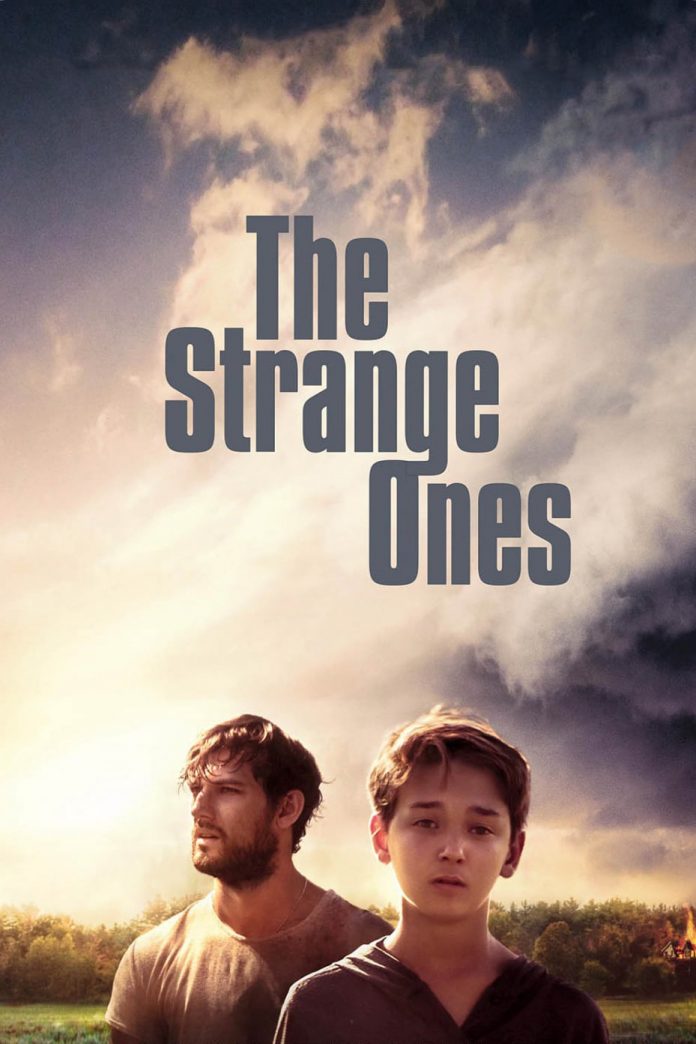 © 2018 Gamechanger Films − All right reserved.
© 2018 Gamechanger Films − All right reserved.
 © 2018 Gigantic Pictures − All right reserved.
© 2018 Gigantic Pictures − All right reserved.
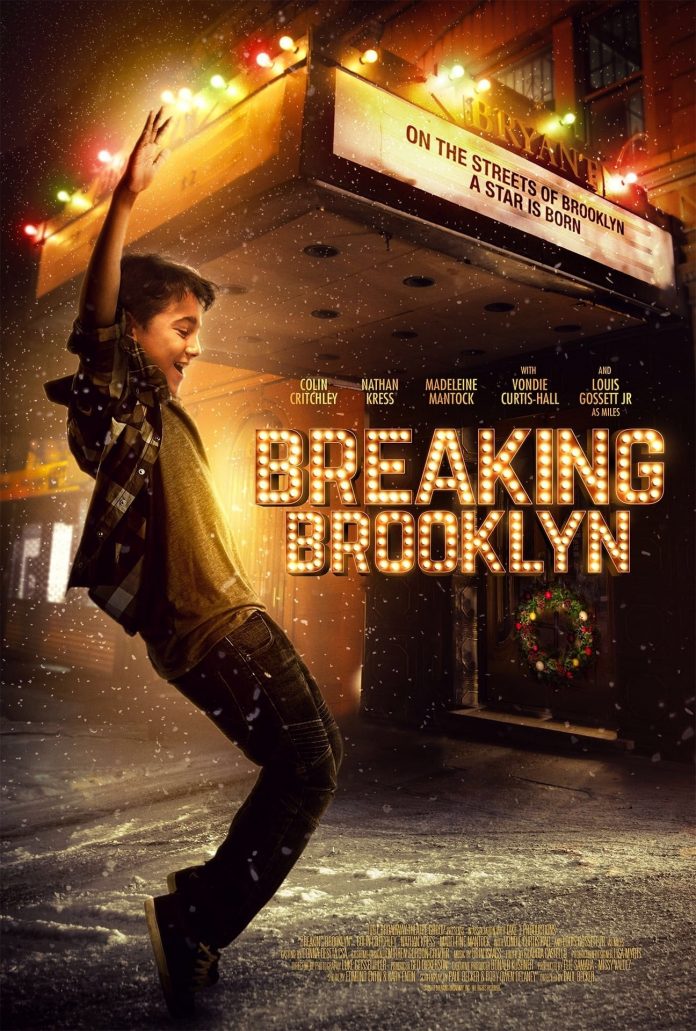 © 2018 Opposite Field Pictures − All right reserved.
© 2018 Opposite Field Pictures − All right reserved.
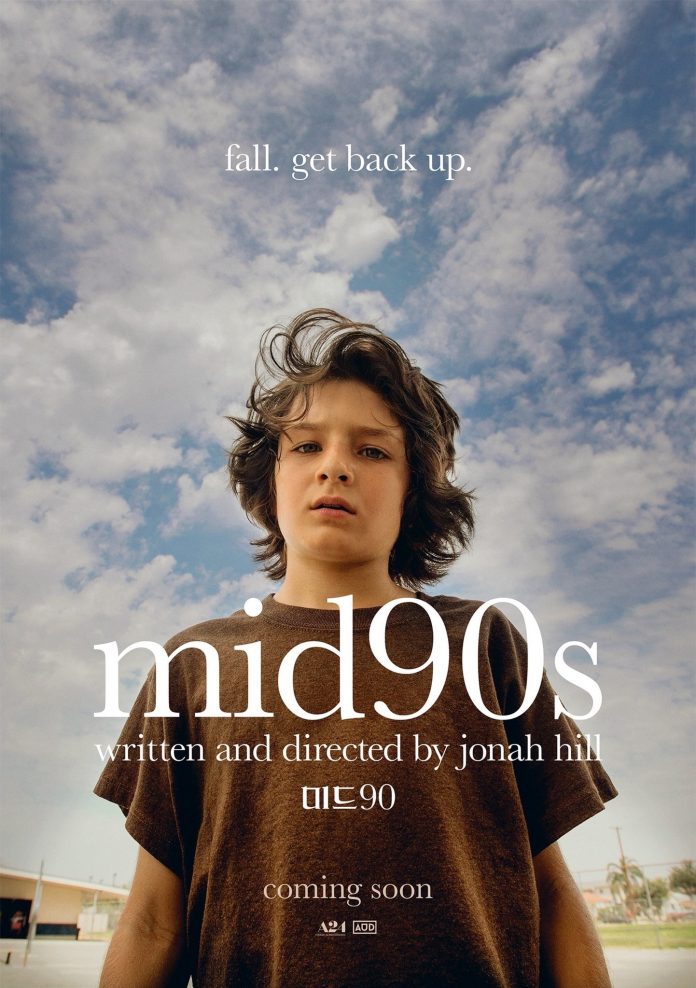 © 2018 Waypoint Entertainment − All right reserved.
© 2018 Waypoint Entertainment − All right reserved.
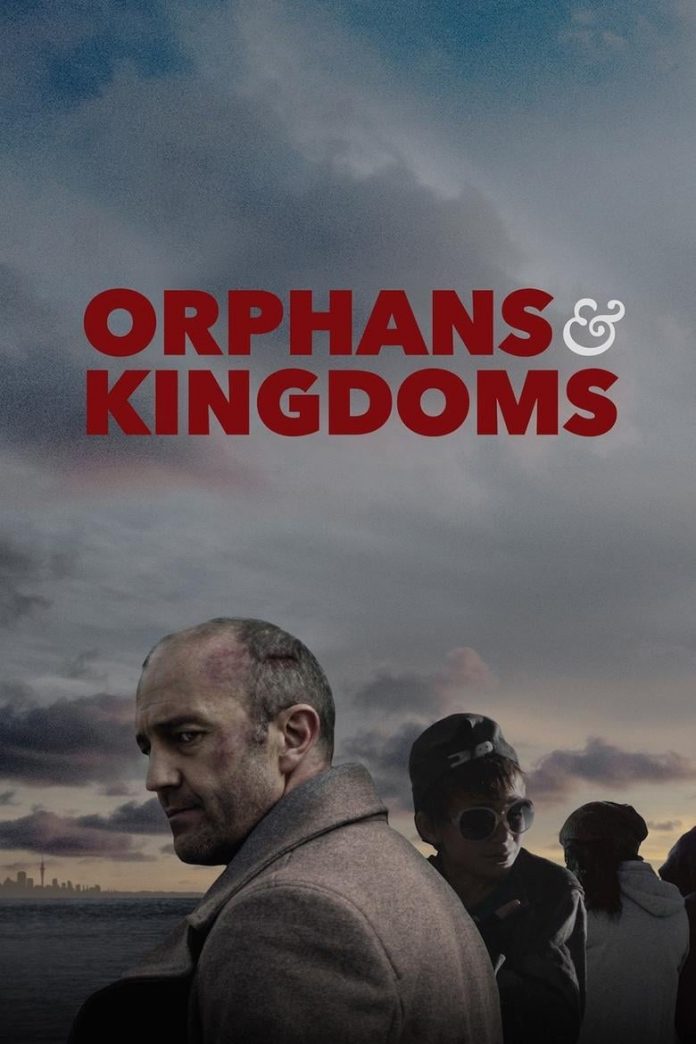 © − All right reserved.
© − All right reserved.
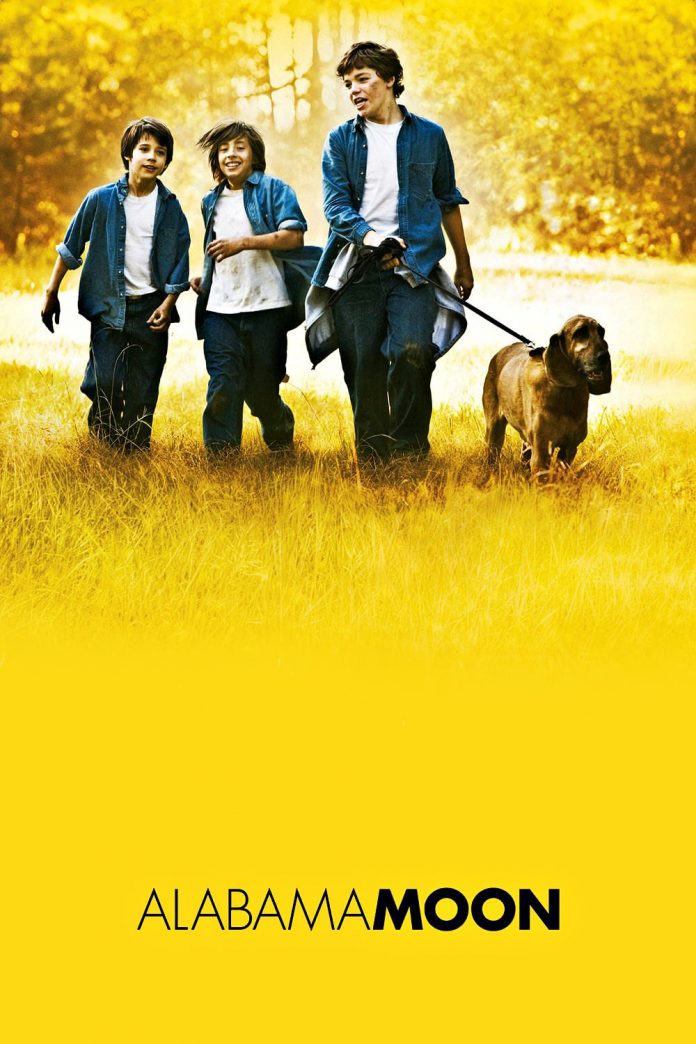 © − All right reserved.
© − All right reserved.
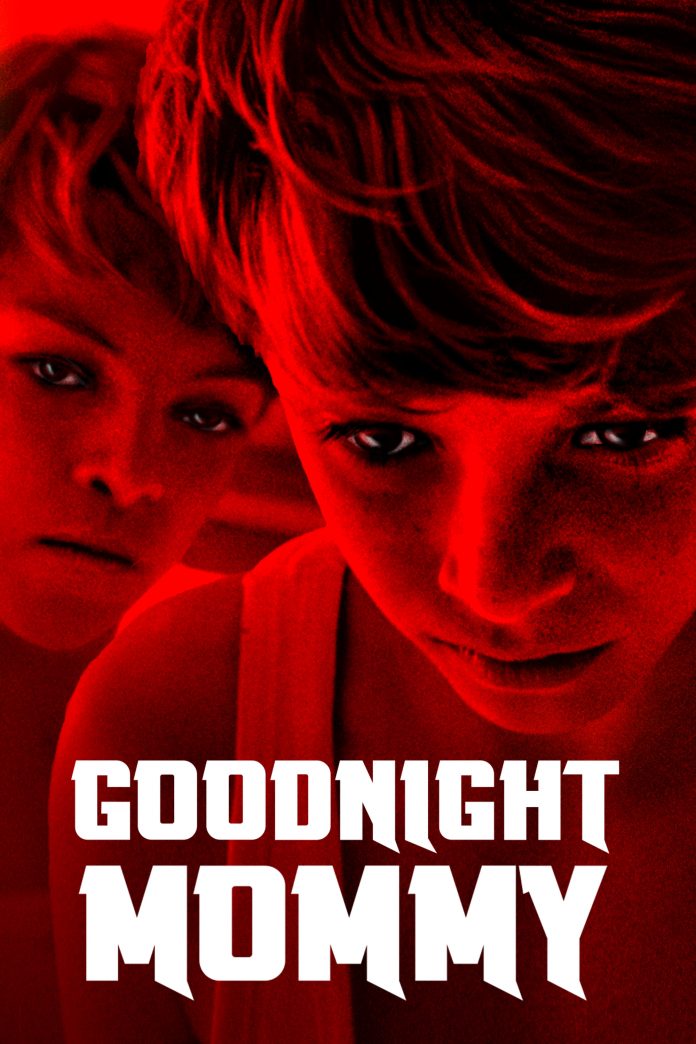 © − All right reserved.
© − All right reserved.
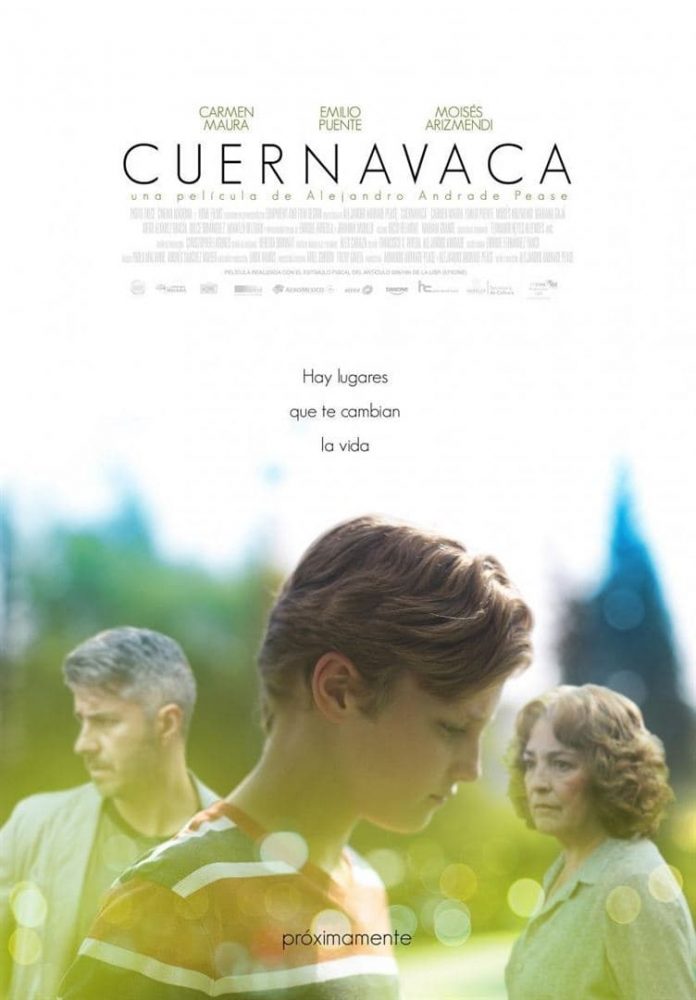 © 2018 Cinema Máquina − All right reserved.
© 2018 Cinema Máquina − All right reserved.
1...464748...128Page 47 of 128